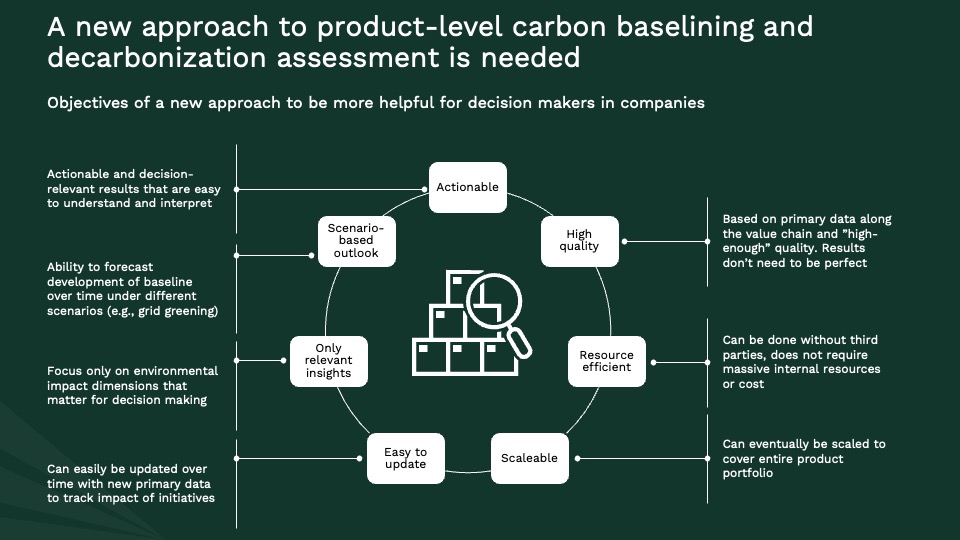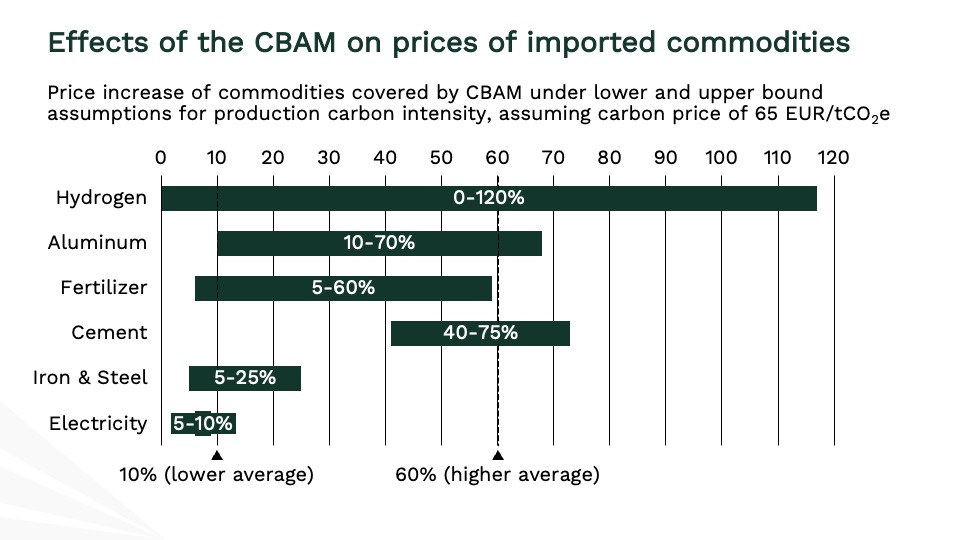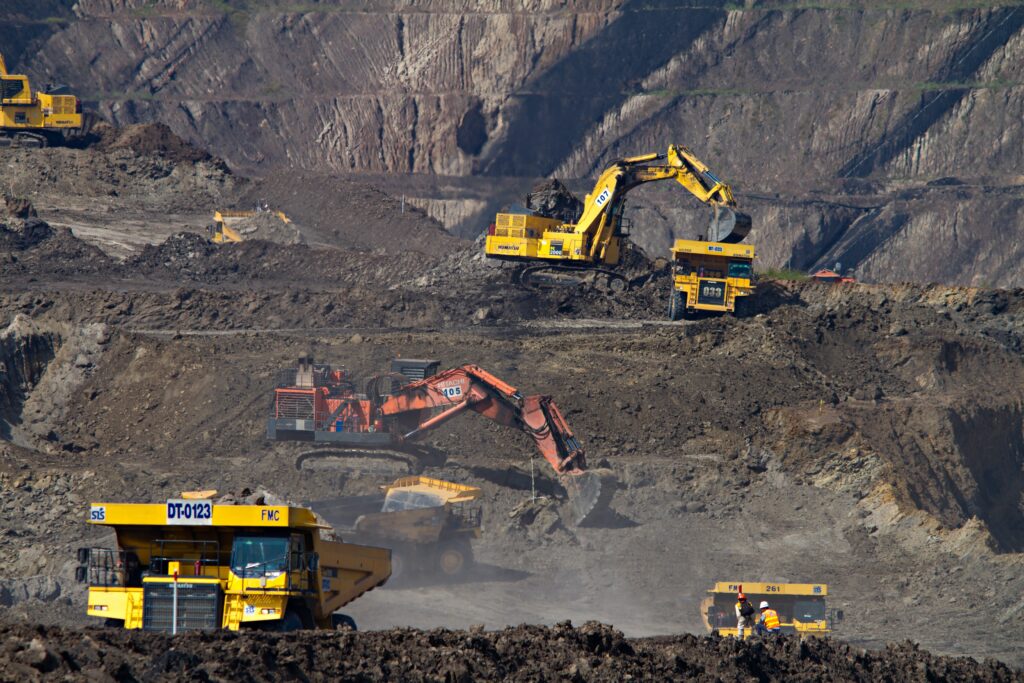The Imperative and Challenge of Product Decarbonization

In the face of the accelerating climate crisis, this blog post offers a guide to corporate decarbonization, particularly focusing on product decarbonization. We discuss the rising tide of transparency in corporate carbon accounting and reveal that nearly half of global market capitalization now actively discloses carbon footprints. Carbon accounting and decarbonization efforts are not just ethical moves but strategic imperatives for gaining a competitive advantage. This is underscored by the changing business landscape where clients—especially in B2B sectors—are demanding transparency and actionable plans for future decarbonization. Regulatory changes like the EU’s Carbon Border Adjustment Mechanism and the U.S.’ Inflation Reduction Act are additional driving forces. This post also delves into the challenges and complexities of Scope 3 emissions and Life-Cycle Analyses (LCAs), and argues that a new, less resource-intensive approach is essential. Anticipating this need, we introduce Terralytiq’s Low-Carbon Products (LCP), a forthcoming SaaS tool aimed at simplifying carbon footprint data collection and analysis. The central message is that proactive decarbonization is not just environmentally responsible but a multifaceted strategy that offers businesses operational, financial, and reputational gains.
The European Green Deal’s Carbon Border Adjustment Mechanism

The CBAM requires companies importing goods into the EU to report the emissions baked into these goods to the CBAM authority. Importers and especially small and medium-sized enterprises (SMEs) face financial repercussions if they use incorrect emission factors to calculate these emissions, potentially increasing costs substantially. Supplier- and location-specific emission factors are crucial for precise reporting and encouraging global partners to adopt sustainable practices. Obtaining such factors poses challenges, including data availability and transparency issues, complex supply chains, and financial constraints. Importers can overcome these obstacles through collaboration, digital solutions, government support, and engaging suppliers on sustainability. Embracing accurate emission factors empowers these companies to support climate goals and foster sustainability in international trade.
Key to successful decarbonization

To achieve successful decarbonization programs, organizations must gather accurate and relevant data from their own operations and supply chain. Accurate data is crucial for carbon baselining, identifying relevant decarbonization initiatives, and tracking progress. Supply chain data is particularly important as emissions for one material can vary vastly depending on supplier location, production route, recycling shares, and the use of renewable electricity in the value chain. Many carbon accounting platforms use off-the-shelf emission factors that do not consider company-specific primary data. Life Cycle Analyses are complex, require a lot of data and resources to conduct, and are only of limited help in identifying decarbonization initiatives. Regularly tracking data is essential for assessing success and making informed decisions about future initiatives.
